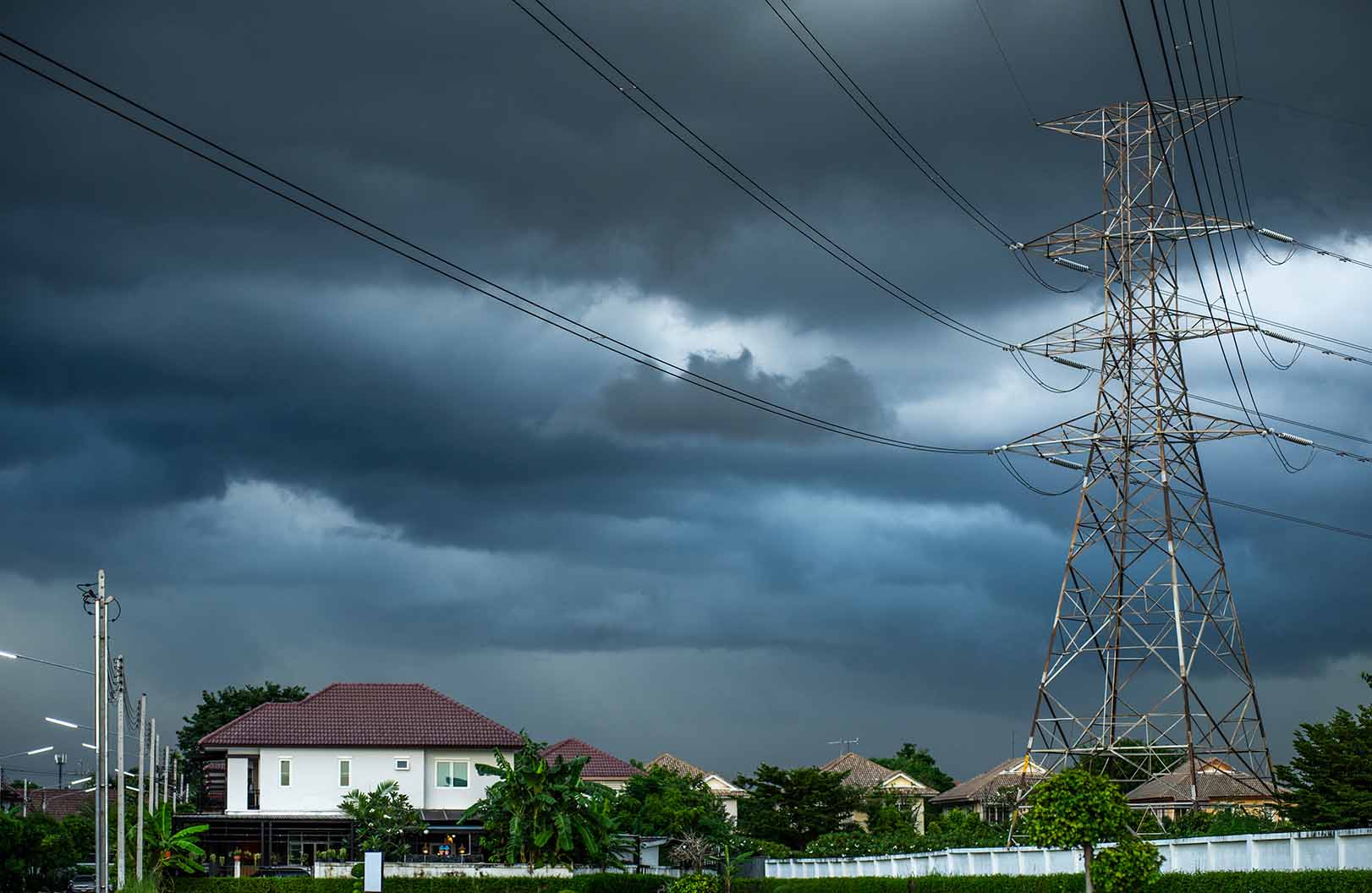The Federal Road Network is approximately 35,000 km long and in poor condition. The network’s poor condition leads to traffic jams, increased fuel consumption, and long detours due to damaged or missing road and bridge sections. On bad roads, steering, brakes, and suspension components wear out much faster. Production and distribution of replacement parts increase CO2 emissions. Rehabilitating poor roads necessitates more construction equipment, quarried materials, and bituminous materials, increasing the carbon footprint. Climate change will only exacerbate this situation, so effective road and bridge maintenance is the most critical and efficient way to reduce climate impact on the network. UKNIAF is introducing a minimum whole-life cost management approach for the road network in collaboration with road sector agencies – Federal Ministry of Works and Housing and Federal Roads Maintenance Agency.
UKNIAF influences institutional decision-making processes in Nigerian roads to include climate resilience in planning, delivery and maintenance of the federal road network. This will improve the way roads are planned, built, and maintained in Nigeria, taking current and future climate scenarios into account.
We are doing this through three pillars:
- Pillar 1: building cooperation between road management agencies, including the agreement to a set of climate resilient reform standards (Strategic Institutional Decision-Making);
- Pillar 2: mainstreaming climate awareness into road maintenance and prioritisation decisions (Operational Decision-Making), and;
- Pillar 3: mainstreaming climate awareness into works delivery (Operational Implementation).
This approach aligns with the Nationally Determined Contributions and Third National Communication to the UNFCCC priorities for adaptation and mitigation, acknowledging the ‘overburdened and poorly maintained road system’. Transport adaptation strategies include developing alternatives to road transportation, expanding major highways, and improving road maintenance.
Incorporating Climate Considerations into Roads Asset Management
Roads and bridges must be maintained appropriately to allow for the movement of goods and people. UKNIAF is working with FERMA to introduce a ‘preventative maintenance’ mindset, moving away from the traditional ‘build, ignore, then rebuild’ approach that is costly and harmful to the environment.
The RAMS approach enables MDAs to develop evidence-based maintenance plans to maintain (and eventually recover) network conditions at a low total cost, maximising value from scarce resources and reducing energy use by road authorities and users. The method prioritises maintenance work based on data on the condition of road infrastructure. The system’s analysis methods can be tailored to prioritise climate-resilient network improvements and support vulnerable communities. The data comes from FERMA’s routine network surveys, but a RAMS can also be configured to accept community-based damage reporting (e.g., SMS information/images). This could be a low-cost way to identify extreme weather damage and prioritise maintenance work.
A well-managed RAMS allows for climate-related ‘what-if?’ analysis to inform maintenance budgeting. A risk-based approach to asset management will help MDAs identify and respond to routes and structures at risk of climate-related damage. Improved data sets, a more holistic view of the network, and targeted interventions will help plan for climate impacts. Importantly, effective FRN maintenance is critical to maximising food security and supporting the transition to greener economies (e.g., enabling solar supply chains, lowering transportation costs).













